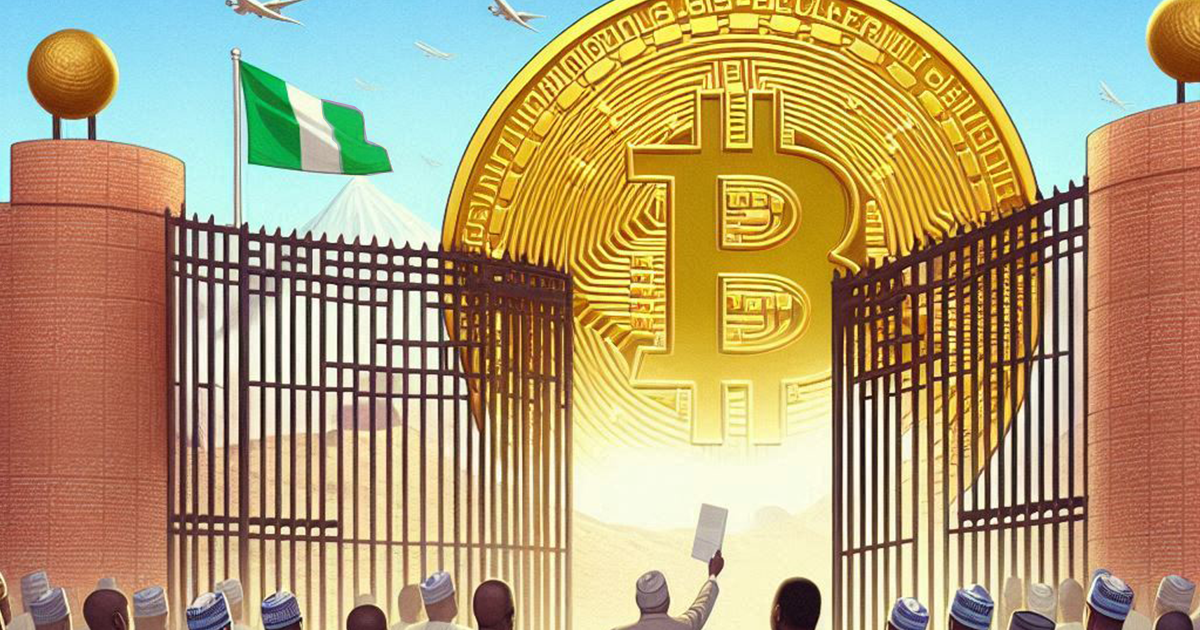Bitcoin as a Gateway to Financial Inclusion in Nigeria and Beyond
Financial inclusion is more than a buzzword; it’s a lifeline for billions of people around the world. In Nigeria, Africa’s largest economy, tens of millions remain unbanked, excluded from the global financial system. Yet, amid this exclusion, Bitcoin is stepping in as a transformative force, offering new possibilities where traditional banking has fallen short.
Bitcoin’s decentralized design is uniquely suited to break down the barriers that have long locked individuals and communities out of economic opportunity. In regions like Nigeria, and states such as Kwara, Bitcoin is unlocking access to the digital economy and rewriting the script on financial empowerment.
The Financial Exclusion Crisis in Nigeria
According to the World Bank, over 38 million Nigerians are unbanked, with rural and low-income communities disproportionately affected. For many, opening a bank account requires extensive documentation, prohibitive fees, and travel to distant branches. Even when accounts are opened, poor service delivery, hidden charges, and currency instability limit financial participation.
In Kwara State, these challenges are amplified by a largely agrarian economy, where many residents live far from urban centers and rely on cash-based systems vulnerable to inflation and theft.
Bitcoin as a Bridge, Not a Barrier
Unlike conventional banking, Bitcoin operates outside of centralized financial institutions. Anyone with a mobile phone and internet connection can create a Bitcoin wallet and start transacting within minutes without gatekeepers.
Here’s how Bitcoin is serving as a gateway to financial inclusion across Nigeria:
1. Easy Access to Financial Tools
Bitcoin wallets don’t require credit scores, identity documents, or a bank officer’s approval. This accessibility is vital for millions who lack formal identification or live in areas underserved by banks.
In Kwara, farmers, artisans, and market traders are adopting Bitcoin for peer-to-peer (P2P) transactions and cross-border remittances. For these groups, Bitcoin is more than an investment vehicle, it’s a basic financial tool.
2. Affordable Cross-Border Payments
Nigerians abroad send billions of dollars back home every year. However, traditional remittance channels are riddled with high fees and slow transaction times.
Bitcoin remittances are changing the game by offering fast, low-cost alternatives. With Bitcoin, Kwarans can receive payments from relatives abroad or international clients within minutes, avoiding middlemen and costly fees.
3. Shielding Against Inflation
The naira’s volatility has steadily eroded purchasing power, especially over the past decade. Bitcoin, with its fixed supply and decentralized issuance, provides a hedge against local currency devaluation.
More small business owners in Nigeria are now using Bitcoin to store value, enabling them to plan long-term, protect savings, and avoid losses caused by inflationary shocks.
4. Opening Doors to the Global Economy
Freelancers and entrepreneurs in Kwara are leveraging Bitcoin to break into the global economy. Without the need for PayPal or traditional banks, which often block or restrict Nigerian accounts, they can accept Bitcoin for goods and services, giving them access to international clients previously out of reach.
The African Context: Bitcoin as an Equalizer
Africa accounts for some of the fastest-growing Bitcoin adoption rates globally. A report by Chainalysis noted that P2P trading volumes in sub-Saharan Africa have surged, with Nigeria consistently ranking as one of the most active nations.
Bitcoin is uniquely positioned to address the continent’s financial access challenges:
- It transcends political borders and monetary policies.
- It is censorship-resistant and immune to centralized control.
- It empowers users to bypass broken or corrupt institutions.
In this sense, Bitcoin is acting as a digital equalizer, granting Africans direct participation in a decentralized, borderless economy.
Case Study: Kwara’s Bitcoin Adoption Curve
Kwara State is a case study in grassroots Bitcoin adoption. Despite infrastructural challenges, mobile penetration is on the rise, and education initiatives are making Bitcoin literacy more accessible.
Local Bitcoin advocates, including organizations like BitKwa, are championing financial inclusion by:
- Hosting Bitcoin workshops and webinars
- Teaching wallet security and custody best practices
- Helping small businesses integrate Bitcoin into daily transactions
For residents like Tunde, a market trader in Offa, learning about Bitcoin has allowed him to accept digital payments from out-of-town buyers. For Maryam, a university student in Ilorin, Bitcoin has become a means to receive scholarships and freelance payments globally.
Challenges to Overcome
Bitcoin is not without hurdles. Issues like regulatory uncertainty, price volatility, and internet connectivity gaps persist. Additionally, scam activity and misinformation have fostered skepticism among those unfamiliar with decentralized finance (DeFi) or blockchain technology.
Yet, ongoing efforts by educators and advocates are addressing these gaps, emphasizing security, transparency, and long-term thinking.
The Future: Bitcoin as the Onramp to Self-Sovereignty
As Bitcoin adoption grows in Nigeria and across Africa, it is more than an alternative financial system, it is becoming an essential onramp to self-sovereignty and economic empowerment.
For millions of Nigerians, including Kwarans, Bitcoin offers a route to:
- Personal financial freedom
- Economic resilience
- Access to a truly global market
Bitcoin’s potential to foster financial inclusion is already materializing across Kwara, and its ripple effects are setting the stage for a digitally connected, financially empowered future.
Conclusion: A New Financial Reality for Nigeria
In Nigeria, Bitcoin is no longer just a speculative asset. It’s a practical solution to a deeply rooted problem of exclusion. From Kwara’s rural farmers to Nigeria’s urban youth, Bitcoin is providing financial access where legacy institutions have failed.
As organizations like BitKwa continue to drive education and community engagement, Bitcoin’s role as a catalyst for financial inclusion will only deepen.

